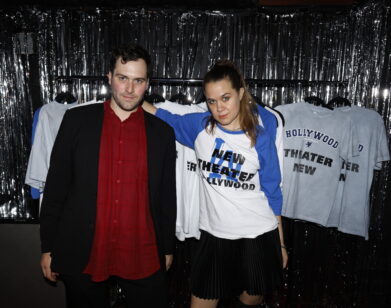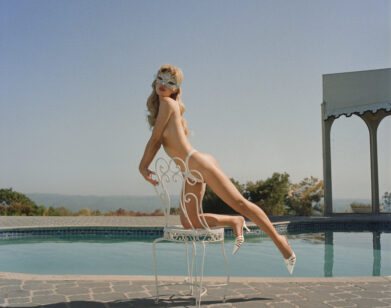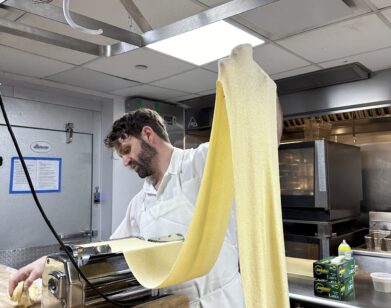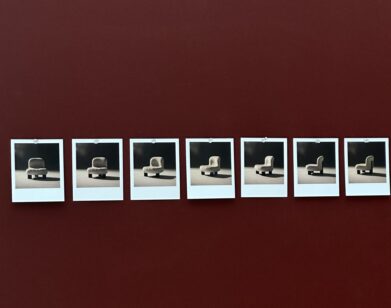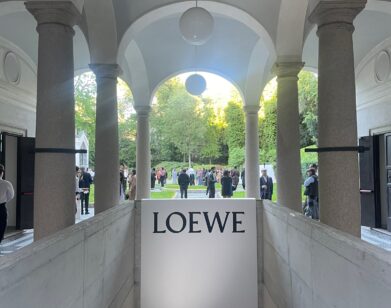New Again: Tom Stoppard
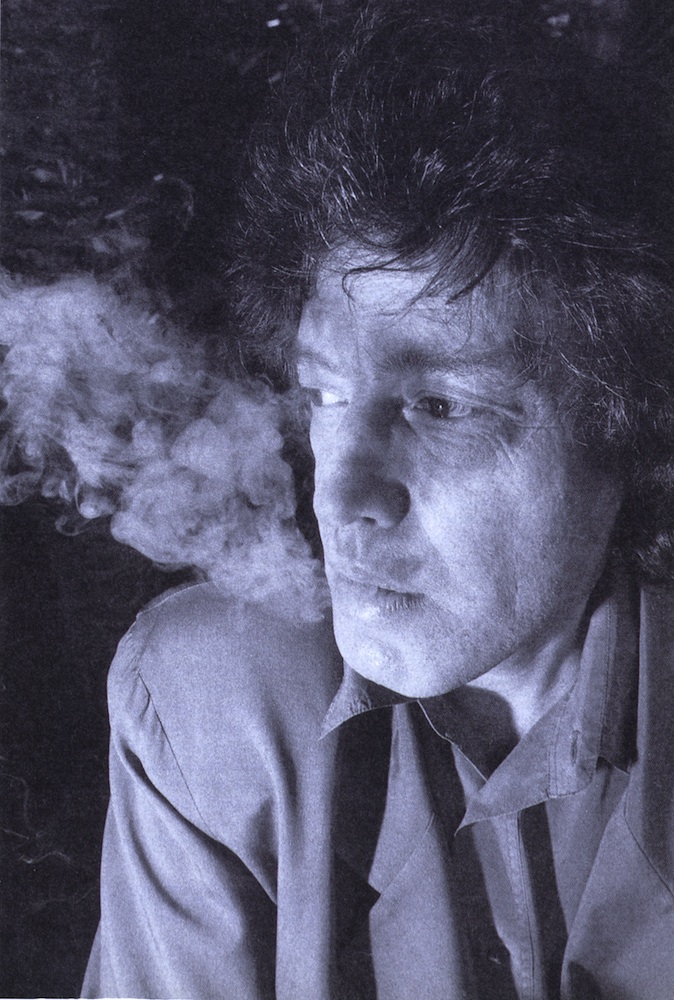
In New Again, we highlight a piece from Interview’s past that resonates with the present.
Forty years ago, Pink Floyd released its eighth album, The Dark Side of the Moon. Selling over 50 million copies, the record bounced around the Billboard chart—known at the time as Billboard Top LPs and Tapes—for 15 years.
But the best is yet to come: British playwright and screenwriter Tom Stoppard (Arcadia, Shakespeare in Love, Enigma) has written a radio play (yes, these still exist) inspired by and including music from the album. Actors Rufus Sewell and Bill Nighy have already signed up for roles, with Iwan Rheon and Amaka Okafor playing the two protagonists.
Dark Side is not Stoppard’s first musically themed production; in 2006, Stoppard’s Rock ‘n’ Roll, a play about Prague Spring (and rock-‘n’-roll), debuted in London, starring Sewell.
The last time we spoke with Stoppard, some 20-odd years ago, we discussed the distinction between theater and film. Ever amusing, Stoppard had some strong views on the subject.
Stoppard: Making Sense
By Lynne Truss
“I should have warned you,” says Tom Stoppard, with a modest shrug, “I’m very garrulous, but I don’t say anything.” Is this the admission of a writer who—in terms of ideas or convictions—chews rather more than he bites off? After all, in 1967, when his play Rosencrantz and Guildenstern Are Dead was first produced in London, Stoppard famously evaded the question “What is it about?” with “It’s about to make me very rich.” Twenty-four years later, the film version of Ros and Guil, as he calls it, may be about to make him even richer. He directed it himself, and walked off with the Golden Lion at the Venice Film Festival amid boos from critics. More recently, Stoppard wrote the film scripts of The Russia House and Billy Bathgate. He has ambitions to write an original screenplay, he says—but, unfortunately, he doesn’t have an idea for one.
LYNNE TRUSS: If you write an original screenplay, will you allow yourself to write long, theatrical speeches, of the type in Rosencrantz and Guildenstern Are Dead?
TOM STOPPARD: I don’t think there ought to be any rules like that. In fact, I think it’s absolute bilge. I don’t believe there is something called “film” and something called “theater,” and that words belong in the theater. Some rather bad films have few words in them; some good films have a lot of words in them.
TRUSS: Do you mind that film directors—Fred Schepisi on The Russia House, Robert Benton on Billy Bathgate—take your words away and use them as raw material? I’m thinking of the old trite notion about films: that words are treated with less respect than images.
STOPPARD: As you say, it is trite. And it can be as untrue as true. Schepisi is the sort of director who could, would, and frequently did phone me whenever he came across a textual problem. A lot of directors wouldn’t even let you know they were messing about. Bathgate will, on the other hand, be a very pleasant surprise when I find out all the great improvements that have occurred in my absence.
THIS INTERVIEW ORIGINALLY APPEARED IN THE MARCH 1991 ISSUE OF INTERVIEW.
New Again runs every Wednesday. For more, click here.

